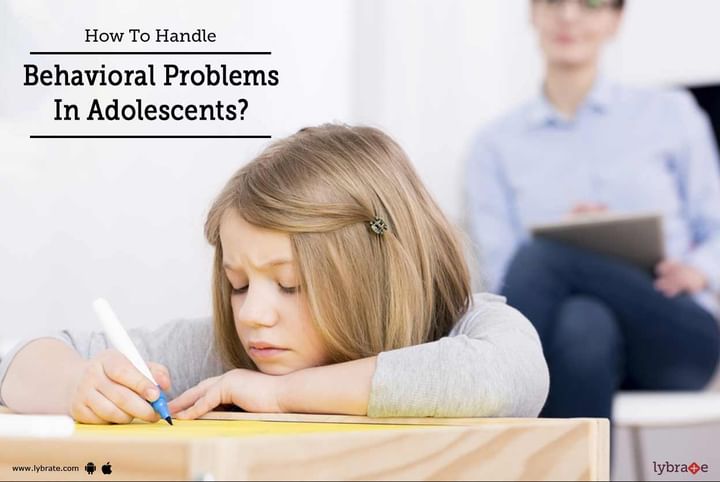Get the App
For Doctors
Login/Sign-up
Last Updated: Oct 23, 2019
BookMark
Report
How To Handle Behavioral Problems In Adolescents?
Dr. Anuj GuptaAyurvedic Doctor • 25 Years Exp.Post Graduate Certficate in Ksharsutra & Ano-Rectal Diseases, BAMS, IMA Ayush , Vaidratnam kerala
Upon reaching adolescence, children's bodies undergo several changes and so do their minds. It is then that their minds are most, as well as least impressionable. And the daunting question regarding the upbringing of an adolescent is how to treat their constantly changing behavior?
Here are some of the tantrums adolescents more commonly throw, and what should ideally be your approach to it:
- Your child seems to hate you: It is very common for a phase of emotional exclusionism to prevail between 16-17 years of age approximately. And the worst thing you could do is heighten that emotion by returning the hatred. Make sure you're firm against any extremely unacceptable behavior, but at the same time, show them that you're there for them no matter what.
- Electronic devices become the center of their attention: Whenever you want to have an earnest conversation with your children, their attention seems to be drawn solely to their phones and computers. They feel the need to be connected to their friends and all times. Ways to monitor that are by setting limit to the maximum hours spent on devices or making them pay their own bills, which will make them more responsible rather than splurging unnecessarily. Also, if your child is not entirely secluded from the family, it is probably best not to interfere all the time.
- Ignoring the curfew: Your kids often stay out later than the set limit. But it is quite possible that your curfew is unreasonable when compared to other parents' curfew. Find out what the average time limit is; it may prevent your child from bearing a grudge against you. In case they still fail to respect your curfew, make sure you spill out to them what the consequences can be, like being grounded for a week. However, in certain cases, your child may be spending time doing nothing constructive, but away from home. There may be something else going on, find out what that is.
- Being friends with the wrong people: Sometimes it might happen that you think some children do not have a good influence on your child, but you cannot say that directly because adolescents tend to get very defensive about their choice of friends. Unless the adolescent is doing something harmful with the friend, like using drugs, let him exercise his choice. Otherwise, don't hesitate from seeking professional help to counsel your child.
- Being over-dramatic: Every emotion is heightened in your child and you cannot tell them that what they are whining or being overjoyed about are trivial, because that's their prime focus then. Let them realize on their own how irrational they sound or else you may risk spoiling your relation with them.



+1.svg)
